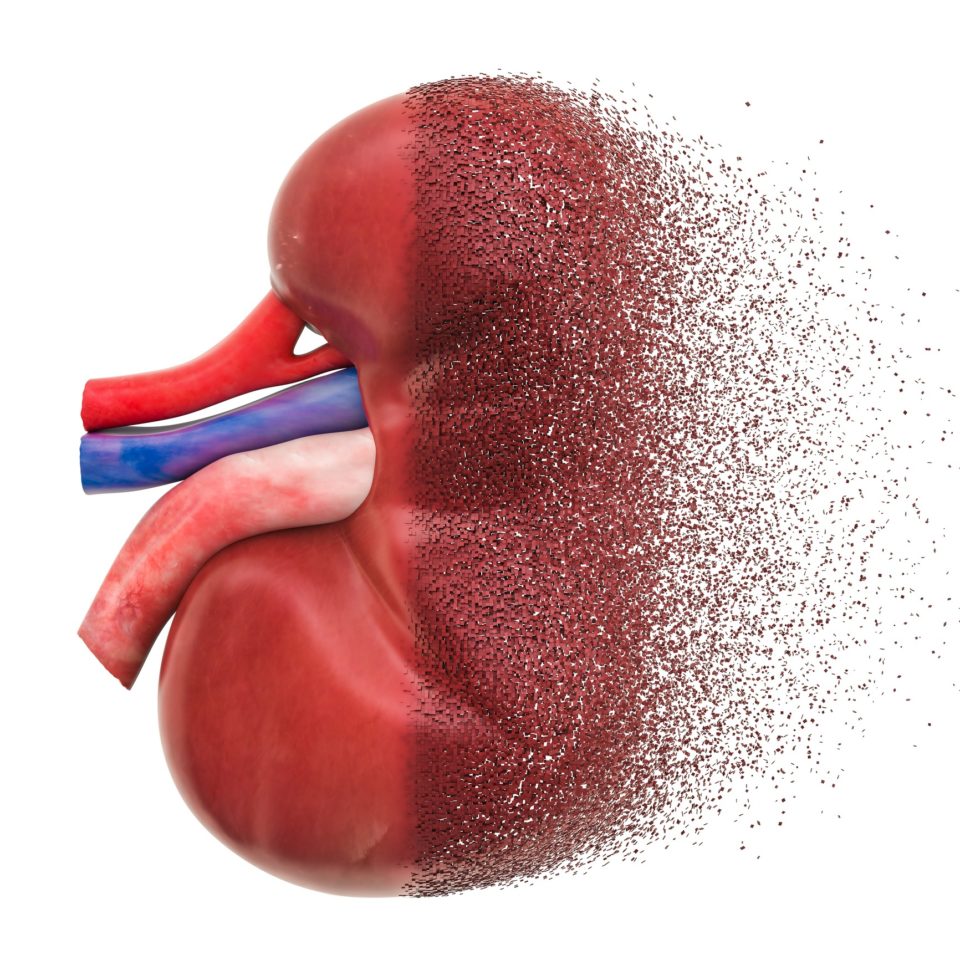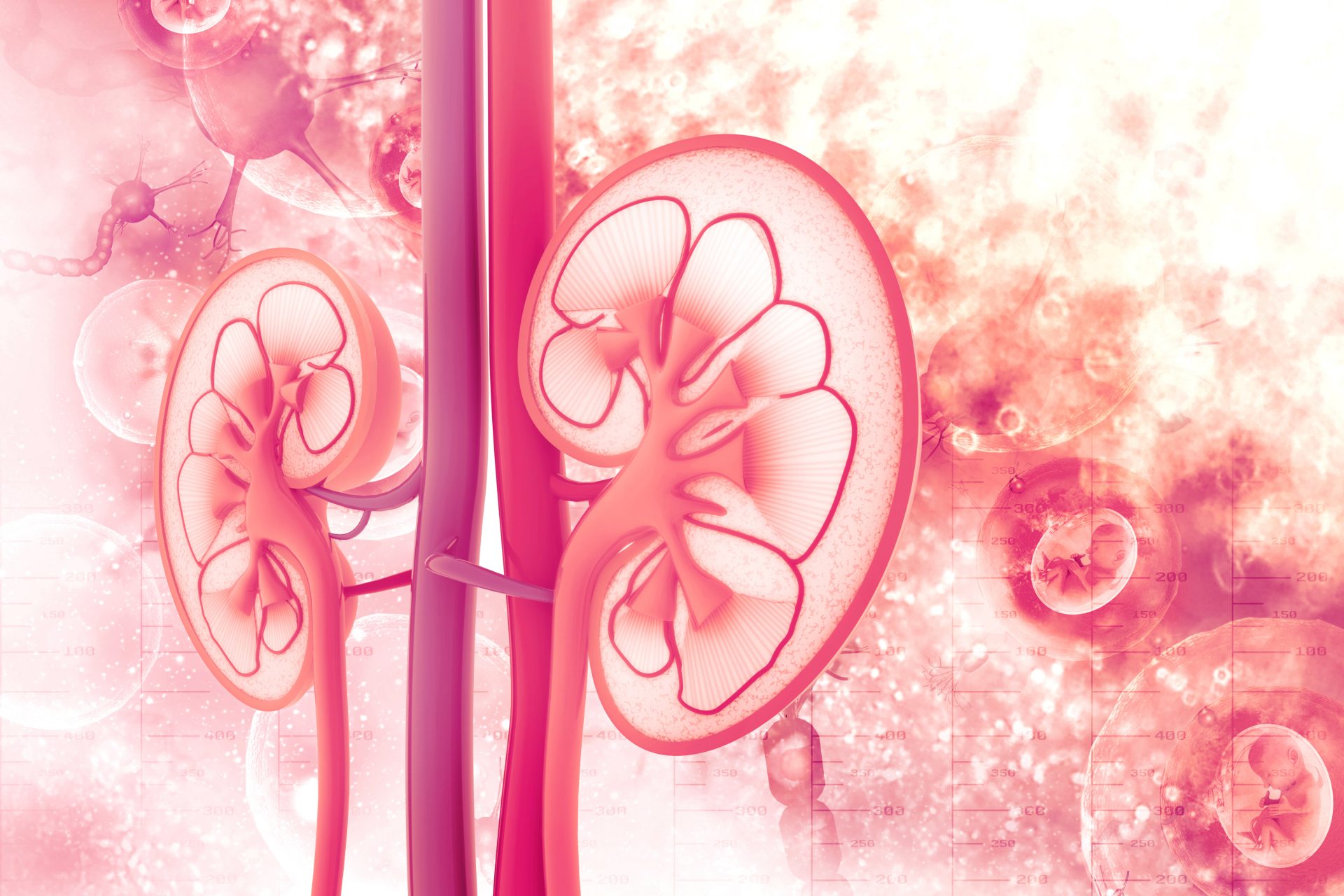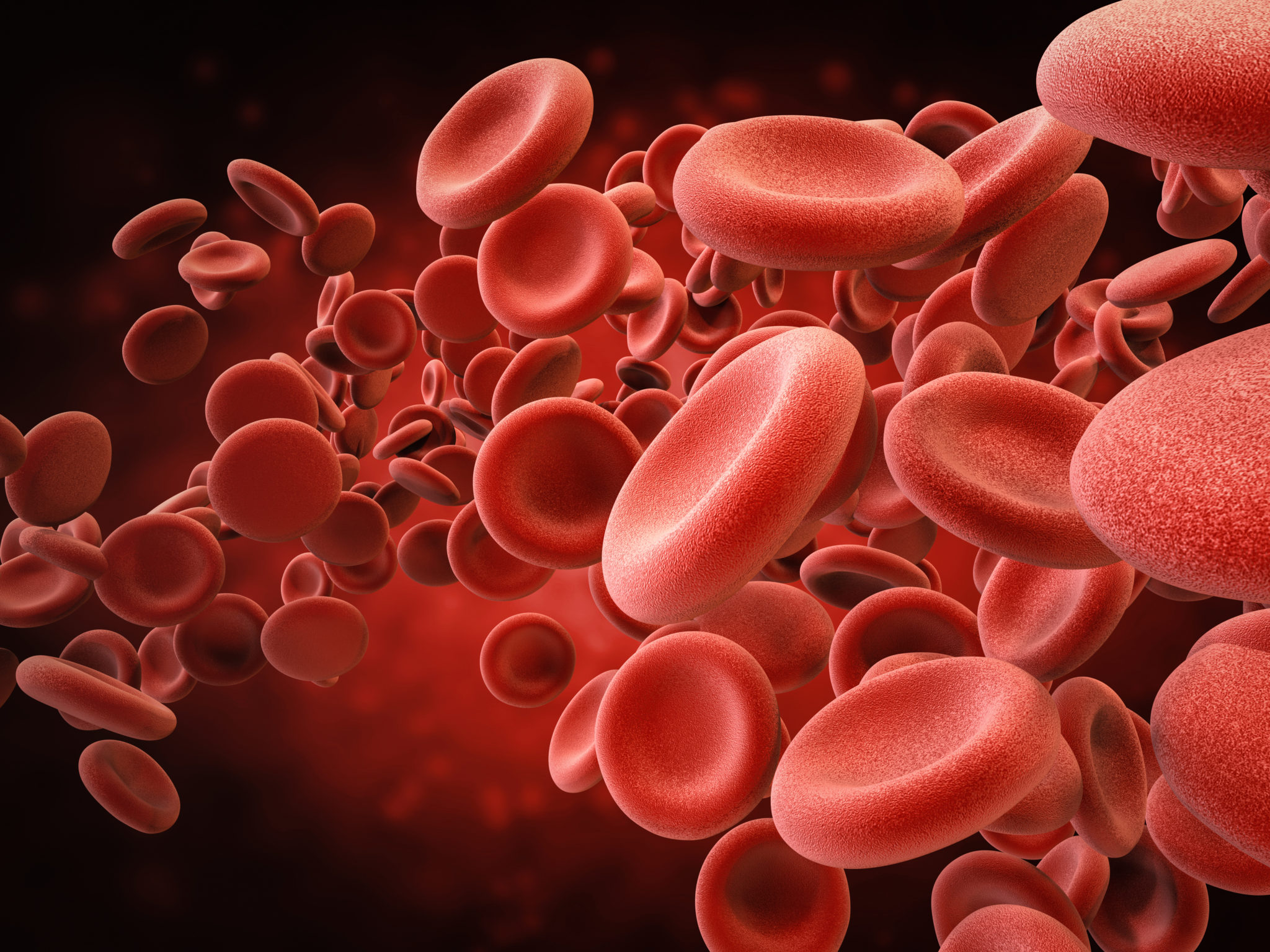For patients with end-stage kidney disease (ESKD), particularly for those receiving hemodialysis, chronic kidney disease-associated pruritus (CKD-aP) is a common and burdensome condition. Evidence regarding the relationship between CKD-aP and health-related quality of life (HRQoL) is essential in informing both clinicians and policymakers about treatment choice and decisions related to reimbursement.
Edith Poku, BSc, MBChB, MSc, and colleagues conducted a systematic literature and narrative synthesis stratified by study design and HRQoL to assess to relationship between CKD-aP and HRQoL in adults with ESKD receiving in-center hemodialysis. Heterogeneity in study design precluded meta-analysis. Results were reported in the Clinical Kidney Journal [2022;15(3):484-499].
The search included studies that used multi-dimensional generic or condition-specific preference- or non-preference measures. The researchers searched MEDLINE, Embase, Web of Science, BIOSIS Citation Index, Cochrane Library, and PsycINFO from inception to March 2020. Two reviewers extracted data independently.
The search identified 2,684 unique records; of those, 20 papers relating to 18 unique studies were included. Five were randomized controlled trials and 13 were observational studies. Four generic and eight disease-specific measures were used to assess HRQoL in patients with CKD-aP. The impact of CKD-aP was assessed by comparison of means, linear regression, and correlation.
Results of observational studies that employed comprehensively adjusted multivariable linear regression largely found associations between CKD-aP severities and HRQoL. Analyses suggested that the relationship was partially mediated by the sleep disturbance caused by CKD-aP. In randomized controlled trials, results found that improvements in severity of CKD-ap resulted in clinically meaningful improvements in HRQoL. Compared with generic measures, disease-specific HRQoL instruments reported greater changes with reduced CKD-aP.
In conclusion, the researchers said, “CKD-aP severity was found to be associated with a worsening of HRQoL in the majority of observational and randomized controlled studies. Parallel improvements in CKD-aP and HRQoL with interventions may support their use (PROSPERO registration 175035).”








